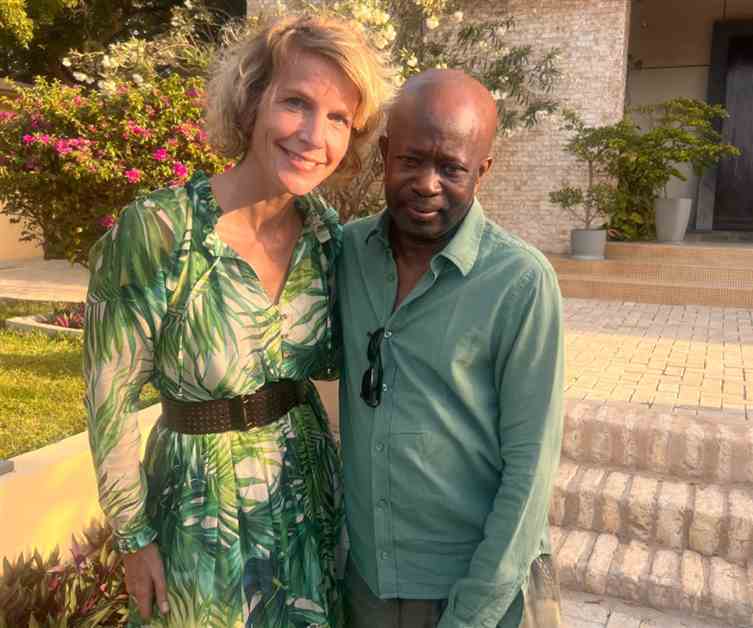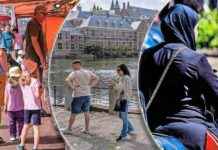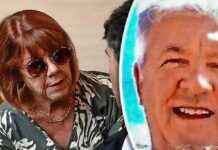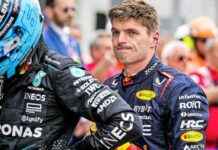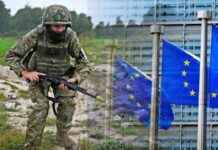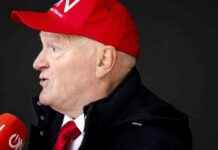The Senegalese National Olympic and Sports Committee (CNOSS) is facing the challenge of organizing the Youth Olympic Games Dakar2026. To address this challenge, the CNOSS participated in the “Olympic Café” organized by the European Union, meeting with members of the COJOJ on June 4th at the residence of the Belgian Embassy, which currently holds the EU presidency.
The countdown to the Youth Olympic Games began 1000 days ago at the Place de la Nation in Dakar. President Bassirou Diomaye Diakhar Faye recently kicked off the final sprint towards the Paris Olympics from July 26 to August 11, and the Youth Olympic Games from October 31 to November 13, 2026. Despite the challenges posed by the COVID-19 pandemic and global political and economic crises, the Senegalese National Olympic and Sports Committee remains committed to the success of the event.
During the “Olympic Café” meeting, discussions focused on the detailed planning of this historic event, which will take place for the first time on the African continent. The event will involve 4000 young athletes aged 15 to 17, with an equal gender representation of 2000 girls and 2000 boys, as well as over 1500 officials and more than 500 journalists.
Ambassadors from various European countries, including Belgium, Portugal, Spain, Germany, Luxembourg, the Netherlands, Greece, Austria, and Finland, reiterated their countries’ commitment to supporting Senegal through bilateral cooperation and existing agreements. They also urged the CNOSS members to outline their needs for the event’s success and provide updates on the ongoing preparations.
The COJOJ team highlighted the rehabilitation of the Ibar Mar Diop Stadium, the Samba Diery Diallo Barracks, and the Amadou Mactar Mbow University, which will serve as the Olympic Village. The long-term impact of these games on sports, infrastructure, youth employment, and other related professions was also emphasized.
The impressive presentation seemed to resonate with Ambassador Helene De Bock of Belgium, the current EU presidency holder. She expressed the EU’s interest in staying informed about the progress of the Youth Olympics and exploring potential partnerships to support the event.
“We needed an update on the progress of the Youth Olympic Games. We are not only public supporters but also interested in youth development,” she stated during the “Olympic Café.”
Having listened to the COJOJ team, she added, “We now have a better understanding of the progress towards the Youth Olympic Games. This will guide us in determining where to direct our partnerships.”
The meeting between the CNOSS and the EU representatives showcased the collaborative efforts to ensure the success of the Youth Olympic Games Dakar2026, highlighting the shared commitment to youth empowerment and international cooperation in sports.

